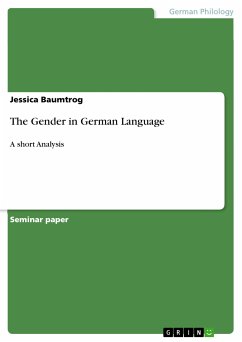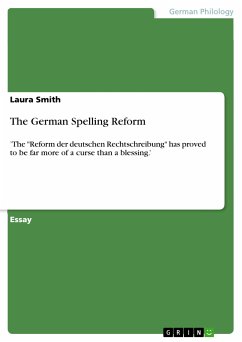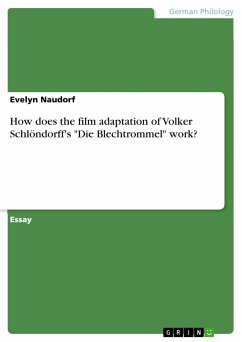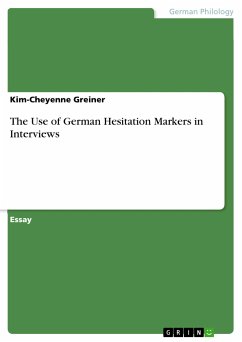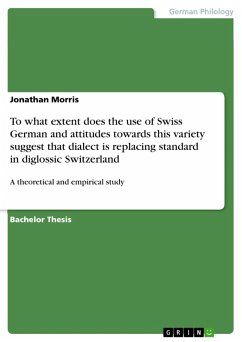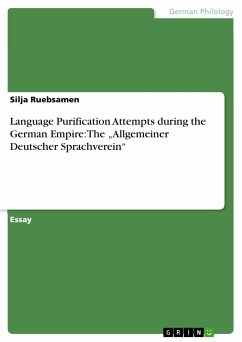Seminar paper from the year 2002 in the subject German Studies - Linguistics, grade: A-, Stanford University (Linguistics Department), course: Lexical Semantics LIN233, language: English, abstract: In this squib, I describe the lexicalization patterns of properties in German. First, I show that German belongs to the set of languages with a open set of adjectives. Second, German is compatible with Stassen's (1997:169) hierarchy for the lexicalization of properties. Third, the discussed data argues for a slight revision of Haspelmath's (1993) classification of the German inchoative/causative alternation while at the same time confirming the tendencies observed by him. Furthermore, I will show how the different types of properties as defined by Schaefer & Egbokhare (1993:160) and Stassen (1997:169) are lexicalized in German. A note on translation: There are several cases where I had to chose between different possible translations. In those cases, I tried to find the intuitively more adequate translation. In cases, when all alternatives where equally acceptable, I decided for the one that seemed to be most frequent. This is probably a general problem in cross-linguistic comparisons like the one done by Haspelmath (1993) – choosing another translation can result in a different lexicalization pattern for that concept. For example, whether I decide that 'kind' should be translated nett or whether I decide to translate it as freundlich or lieb, etc. will result in a different relation between noun and adjective for the "concept" ... the adjective freundlich is derived the noun from Freude whereas the noun Nettigkeit is derived from the adjective nett.


![Realizing [χ] for /r/ in Eifel German and Corresponding Attitudes (eBook, PDF) Realizing [χ] for /r/ in Eifel German and Corresponding Attitudes (eBook, PDF)](https://bilder.buecher.de/produkte/58/58576/58576953n.jpg)
